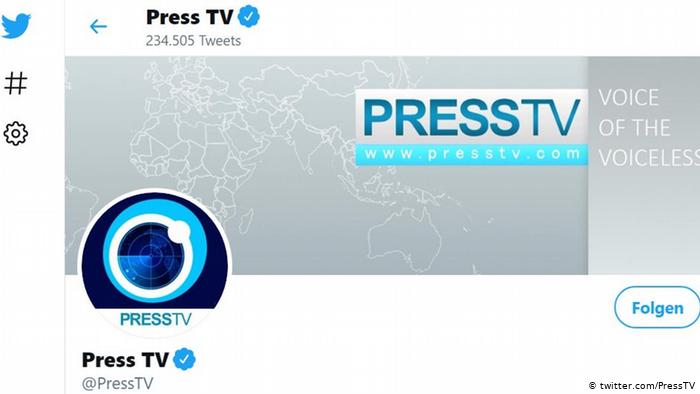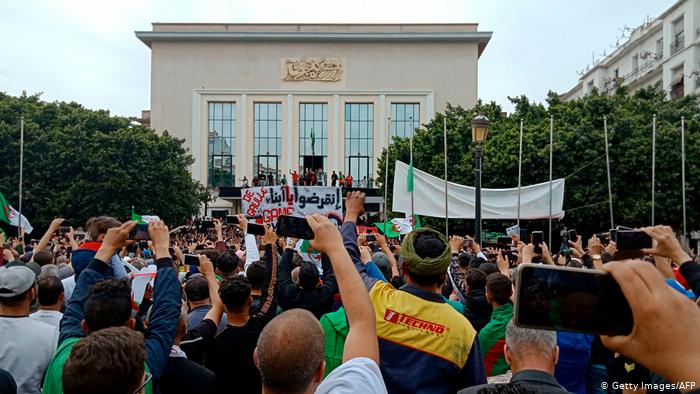The Shura Council announced Tuesday the appointments of the new chairmen for state newspapers and the new formation of the Supreme Press Council.
The appointments, which included a high number of Muslim Brotherhood supporters and many from outside the field of media, have renewed calls for independence of state media from government control.
Among the appointees for board chairmen of state-owned press institutions is Mamdouh al-Wali, head of the Journalists Syndicate who was elected to that position by running Brotherhood ticket. Wali was appointed to the board of state daily Al-Ahram and will sit on the board along with the editors-in-chief of the Nour, Freedom and Justice, and Wafd party newspapers.
The Supreme Press Council will now be headed by Shura Council Speaker Ahmed Fahmy, an FJP member.
Gamal Fahmy, member of the Journalists Syndicate board, spoke to Egypt Independent about the move.
Egypt Independent: What are the indications that the new appointments give of the Muslim Brotherhood’s handling of press freedoms and the relation between the government and the press?
Gamal Fahmy: Today, the last stage of the Brotherhood hijacking of the media that supposedly belong to society was completed, using the worst residues of [Hosni] Mubarak’s regime to its benefit. It is as if we are witnessing a bearded Mubarak in all fields and especially in the media.
We used to think that there are no choices worse than Mubarak’s in the media field, but it turns out that what the Brotherhood is doing is much worse. At least Mubarak’s appointees were related to the profession.
EI: How will the new appointments affect the prospects of reform in state media?
Fahmy: We have seen the results after the appointments of the editors-in-chief in two weeks — a horrid professional collapse, even in the papers that have benefitted from the temporary breeze of relative independence from the state since the revolution. Today they are witnessing a collapse in circulation because the people wouldn’t buy pathetic government communiques that have no value.
EI: Besides political control, there’s an economic side. Are these papers investments in any way?
Fahmy: There are unknown appointed names that have no relation to the profession. This kind of appointments will accelerate the collapse of state media institutions. The real reform is dependent on changing the system that makes state media the property of the ruling faction. This is the core of corruption.
EI: Does the Supreme Press Council with its current formation pose a threat to press freedom?
Fahmy: We have been calling for its cancellation altogether as it is considered a government council abused by the rulers. Masters of the trade have been removed, such as Galal Aref, Salah Eissa and Salah Montaser, and brought instead is [Nader] Bakkar, [Salafi Nour Party spokesperson]. What does he know about journalism? Is it possible that such important state institutions are turned into personal property?
EI: What is the benefit of gaining control over the management of state media for the Brotherhood?
The Brotherhood has a doctrine that is against freedoms. But more importantly, there are their political failures. There is no sign that they’re giving people what they want in terms of social and economic demands, so like any dictatorial regime, they try to shut people up and make everyone praise them.




